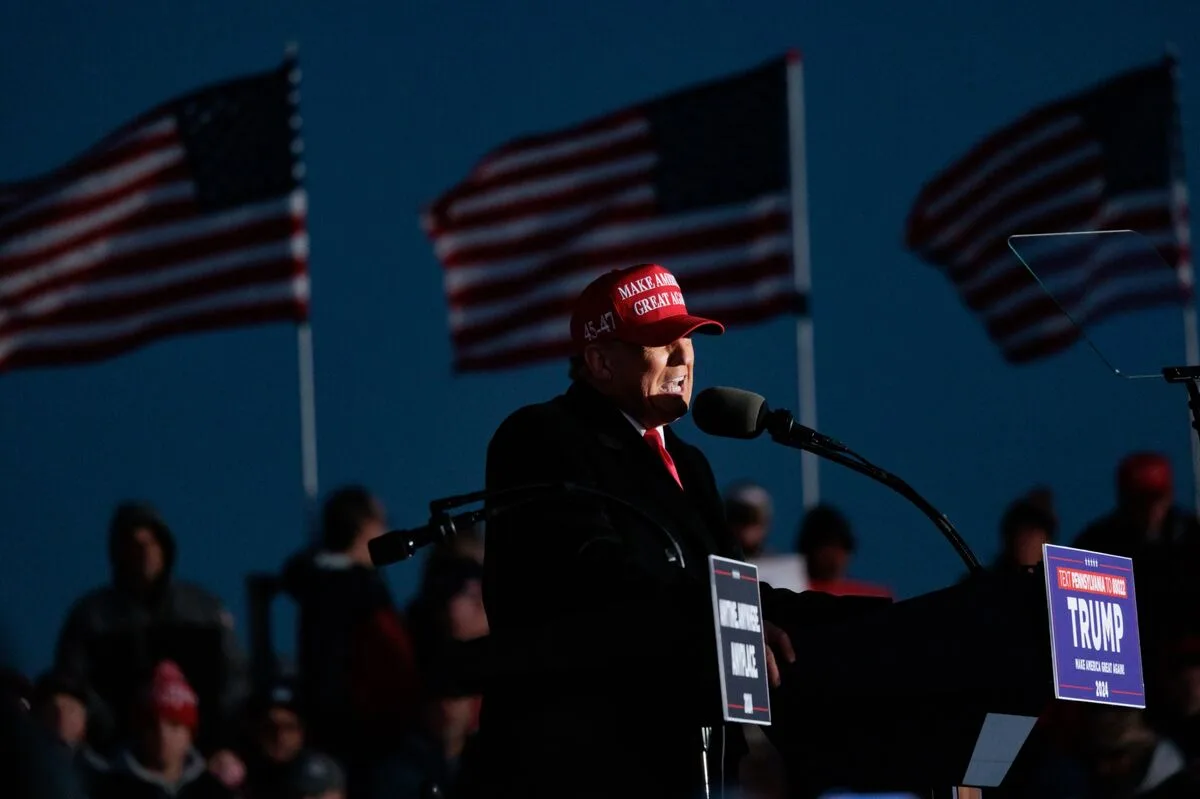Estimated reading time: 4 minutes
In the latest episode of what could only be described as the Comedy Central Roast of American Economic Policy, we dive into the chaos that defines Trump’s inner circle’s squabbles over tax and Fed policies. At the heart of this circus are Trump’s economic confidants, each with an ego bigger than the national debt, duking it out for dominance on crucial financial decisions. The article offers us a ringside seat to this battle, laying out the tension-filled discussions and power plays among those tasked with steering the economy.
The Breakdown
- Musical Chairs with Economic Chairs
- Much like a game of musical chairs, except the music is the unsettling tune of uncertainty and the chairs are pivotal economic positions. As these confidants jockey for influence, one has to wonder, are they trying to stabilize the economy or just secure the best spot before the music stops?
- Much like a game of musical chairs, except the music is the unsettling tune of uncertainty and the chairs are pivotal economic positions. As these confidants jockey for influence, one has to wonder, are they trying to stabilize the economy or just secure the best spot before the music stops?
- The Puppetmaster(s)
- In an exciting plot twist, it turns out everyone might be trying to pull the strings. With so many puppetmasters, it’s hard to see who really has their hands on the economy’s levers. Or maybe they’re just all tangled in the strings!
- In an exciting plot twist, it turns out everyone might be trying to pull the strings. With so many puppetmasters, it’s hard to see who really has their hands on the economy’s levers. Or maybe they’re just all tangled in the strings!
- Taxing Tax Discussions
- Debates over tax policy have turned into a game of “Who wants to be a billionaire?” except everyone playing already is one. The irony is so rich it could be taxed at a higher rate.
- Debates over tax policy have turned into a game of “Who wants to be a billionaire?” except everyone playing already is one. The irony is so rich it could be taxed at a higher rate.
- Fed Up with the Fed
- The Federal Reserve, usually the adult in the room, now feels more like a daycare center during nap time. Except no one is sleeping, and everyone’s crying over spilled monetary policy.
- The Federal Reserve, usually the adult in the room, now feels more like a daycare center during nap time. Except no one is sleeping, and everyone’s crying over spilled monetary policy.
- Economic Strategy or Reality TV?
- With all the strategic backstabbing, whispered alliances, and dramatic boardroom showdowns, one might mistake the economic strategy meetings for an episode of Survivor. The only difference? In reality TV, the stakes aren’t a global financial meltdown.
- With all the strategic backstabbing, whispered alliances, and dramatic boardroom showdowns, one might mistake the economic strategy meetings for an episode of Survivor. The only difference? In reality TV, the stakes aren’t a global financial meltdown.
The Counter
- Stable Genius Decisions
- Surely, the frequent policy flip-flops are just a clever strategy to keep the economy on its toes, right? Nothing says fiscal responsibility like unpredictability.
- Surely, the frequent policy flip-flops are just a clever strategy to keep the economy on its toes, right? Nothing says fiscal responsibility like unpredictability.
- All for One and Profit for All
- It’s heartwarming to see how everyone in the administration is looking out for the common billionaire. Unity is truly strength—financial strength, that is.
- It’s heartwarming to see how everyone in the administration is looking out for the common billionaire. Unity is truly strength—financial strength, that is.
- Simple Tax Solutions
- Why overcomplicate things? Just use the Monopoly board game tax rules; it seems to be about as fair and well-thought-out as the current proposals.
- Why overcomplicate things? Just use the Monopoly board game tax rules; it seems to be about as fair and well-thought-out as the current proposals.
- Cool, Calm, Collected
- The soothing chaos in the Fed discussions is just what we need in uncertain times. It’s like meditation, but instead of peace, you get anxiety.
- The soothing chaos in the Fed discussions is just what we need in uncertain times. It’s like meditation, but instead of peace, you get anxiety.
- High Stakes, No Problem
- Handling delicate economic negotiations with all the finesse of a bull in a china shop is one way to approach it. After all, who needs subtlety in times of financial peril?
- Handling delicate economic negotiations with all the finesse of a bull in a china shop is one way to approach it. After all, who needs subtlety in times of financial peril?
The Hot Take
What we obviously need is a complete reworking of priorities. Let’s start treating economic policy with the gravitas of a late-night comedy sketch, because clearly, it’s working out so well. Maybe throw in more commercial breaks, some audience applause, and perhaps a live band to play off speakers going over their time.
At the end of each fiscal year, we can have America vote on their favorite policies via a toll-free number. Because if there’s one thing that’s clear from this tumultuous narrative, it’s that running an economy might just be easier if we treat it like a show. And hey, if all else fails, why not just reset the board game? America has about as much chance of winning Monopoly as it does under this economic doctrine.
By combining liberal critique with satirical humor, this version aims to highlight the absurdity and potential dangers of current economic policy maneuvers while entertaining the reader and provoking thought about alternative approaches.
Source: Trump’s Economic Confidants Battle for Sway on Tax, Fed Policy




